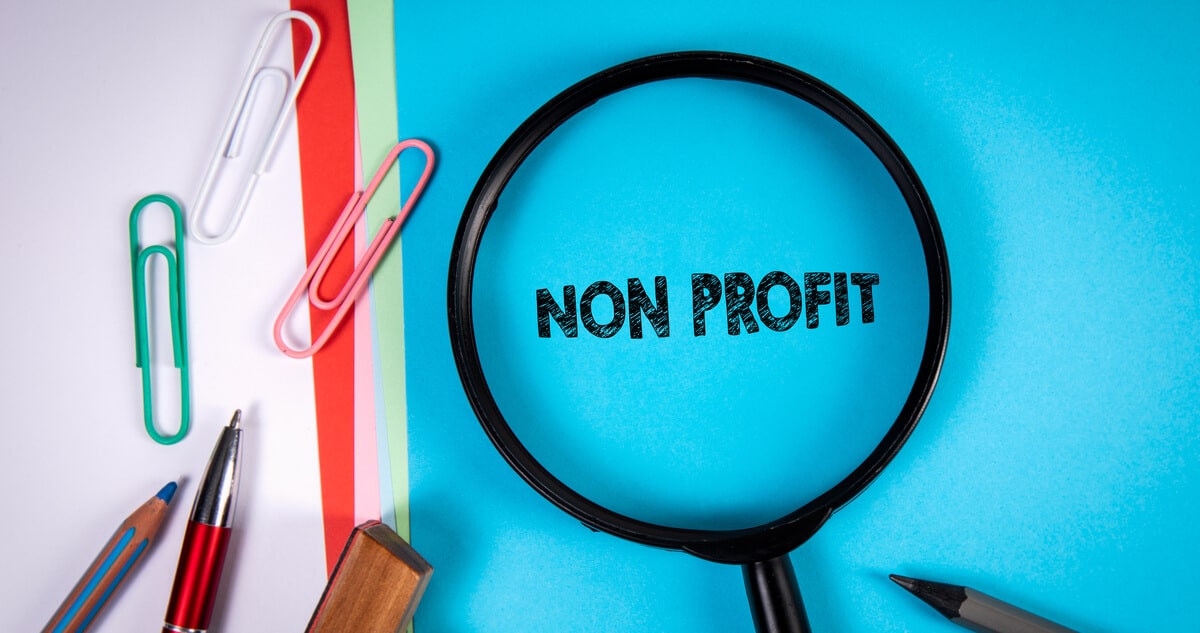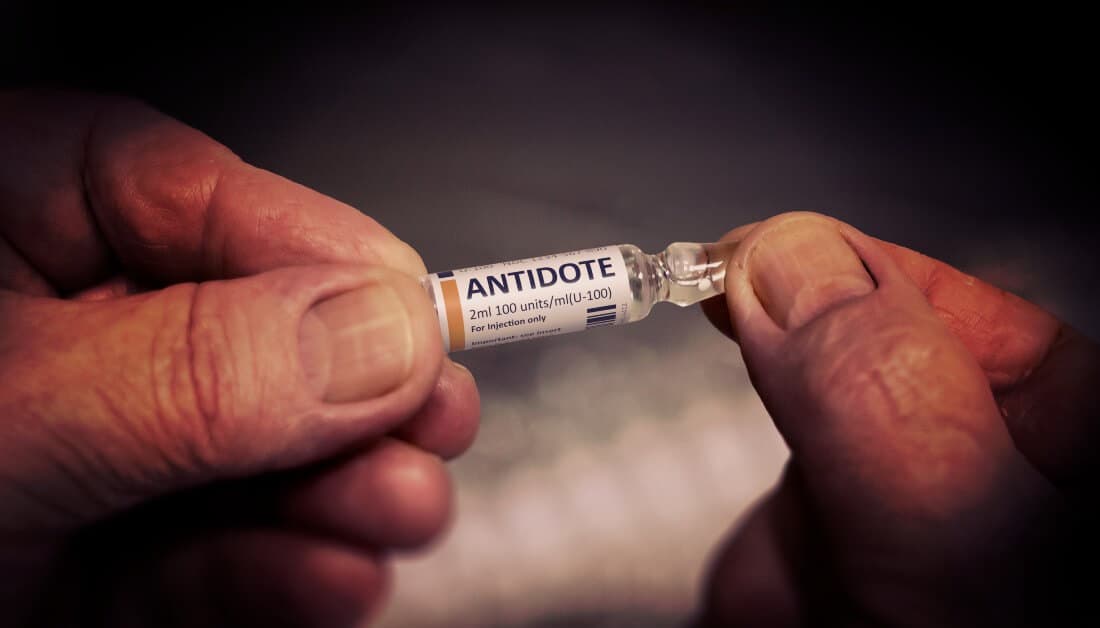TYSONS OFFICE
CORONAVIRUS RELIEF ALERT — CARES Act Alert #9: FAQ #46’s Safe Harbor Guidance: Just in the Nick of Time.

This CARES Alert #9 focuses on new Safe Harbor guidance for applicants of PPP loans under $2 Million. For these applicants, this guidance protects them from uncertainty about their “good faith certification” of the “necessity” for their PPP loan/grant.
Background: To explain key relief for 501(c)(3) nonprofits and small businesses in the $2 Trillion CARES Act (complete text) and subsequent funding laws, we published our CARES Alert #1 (Help for Small Businesses & 501(c)(3)s via the PPP); CARES Alert #2 (Get Ready to Apply); CARES Alert #3 (PPP vs EIDL), CARES Alert #4 (Treasury Guidance), CARES Alert #5 (SBA’s Interim Final Rule), CARES Alert #6 (IFR on Affiliation & Religious Nonprofits); CARES Alert #7 (FBO Guidance), and CARES Alert #8 (Unemployment Benefits, including FBOs).
To date, over $650 Billion has been allocated for small entities – small businesses and 501(c)(3)s, including Faith-Based Organizations (FBOs) – with no more than 500 employees. The funding is delivered via two loan/grant programs managed by the Small Business Administration (SBA) – Paycheck Protection Program (PPP) and Economic Injury Disaster Loan (EIDL) – with the vast majority via the PPP. To govern these programs, the SBA, in connection with the Treasury, has issued several rounds of rules and advice, some of which has been ambiguous or conflicting.
This CARES Act Alert #9 focuses on the new Safe Harbor guidance for PPP loans.
With the May 14 deadline for returning improperly certified PPP funds looming large, SBA/Treasury just clarified their treatment of the “certification of necessity” issue in their new FAQ #46, added today to their rolling list of Frequently Asked Questions (PPP-FAQs). Earlier, in FAQ #31, they had provided a safe harbor period until May 7 for applicants to return improperly certified funds without penalty. In FAQ #43, they extended the safe harbor period to May 14.
Now, in FAQ #46 of the PPP-FAQs, they clarify what is meant on the PPP application when “all borrowers must certify in good faith that “[c]urrent economic uncertainty makes this loan request necessary to support the ongoing operations of the Applicant.”
It has been a difficult several weeks for businesses and nonprofits waiting for clarity. When they certified the necessity of their loans at the time they submitted their applications, were their certifications made in good faith? Much confusion has swirled around what after-the-fact guidance SBA/Treasury might issue about how to determine necessity. Applicants have been left wondering if they should use their PPP funds or if they should return them.
Today, just one day from the May 14 deadline, we finally have guidance. FAQ #46 provides an automatic safe harbor for all loans under $2 million. These borrowers are deemed to have properly certified the necessity for their loans. They are protected.
FAQ #46 explains: “SBA has determined that this safe harbor is appropriate because borrowers with loans below this [$2 million] threshold are generally less likely to have had access to adequate sources of liquidity in the current economic environment than borrowers that obtained larger loans. This safe harbor will also promote economic certainty as PPP borrowers with more limited resources endeavor to retain and rehire employees.”
As for “borrowers with loans greater than $2 million that do not satisfy this safe harbor,” the FAQ says they “may still have an adequate basis for making the required good-faith certification, based on their individual circumstances in light of the language of the certification and SBA guidance.” The FAQ then outlines a process for SBA review. If such a review results in a finding of no justification, the applicant must return the funds, “but SBA will not pursue administrative enforcement or referrals to other agencies” based on the certification of necessity issue.
* * * *
Our CARES Act Team is available to help you navigate these difficult issues, including the unique issues faced by nonprofits, religious organizations, and churches. For assistance, please contact one of our attorneys: Nancy LeSourd, Matthew Szymanski, Scott Ward, or Derek Gaubatz. Our CARES Act Team also includes our non-attorney consultant Phil Eskeland. Mr. Szymanski and Mr. Eskeland bring experience from their past service, respectively, as the chief of staff and the deputy chief of staff of the Small Business Committee of the U.S. House of Representatives, including during the legislative response to 9/11. More Alerts to follow.




